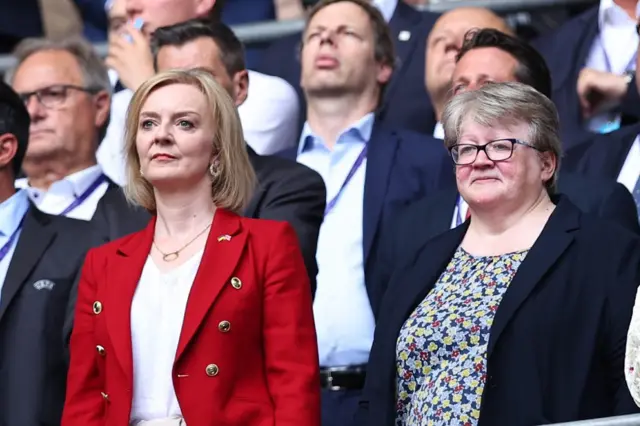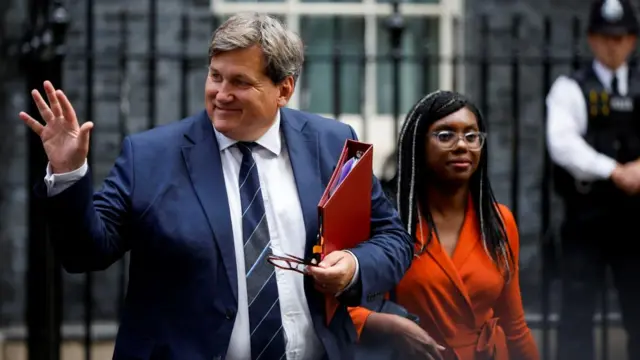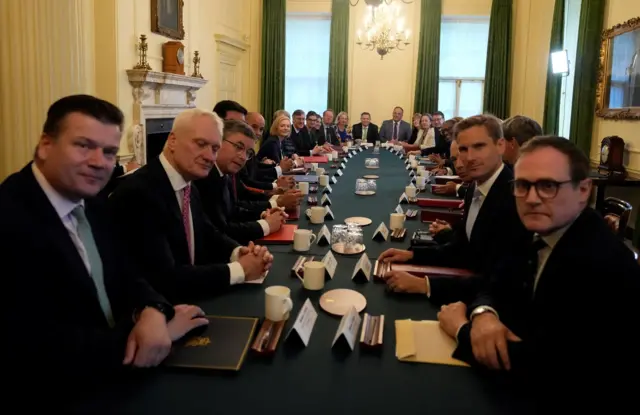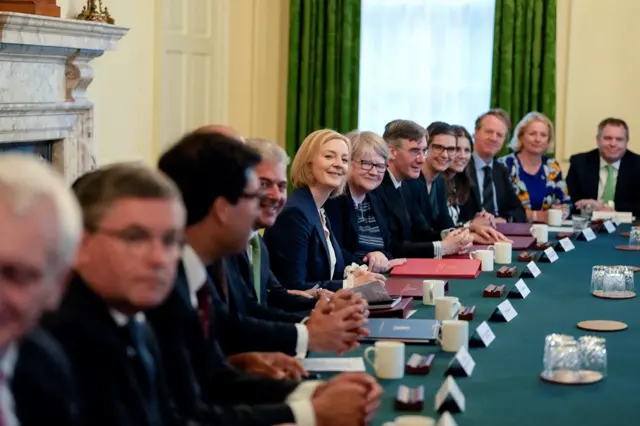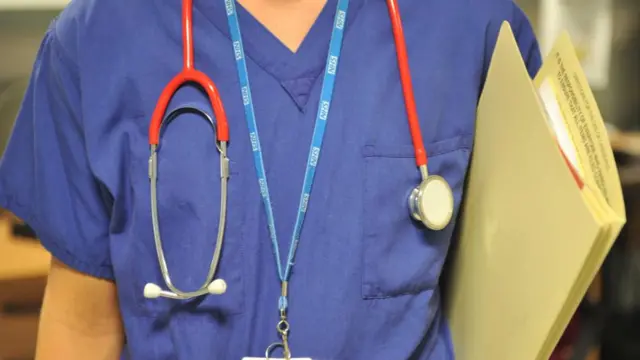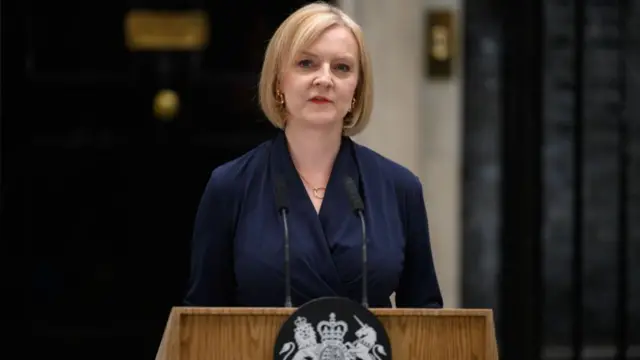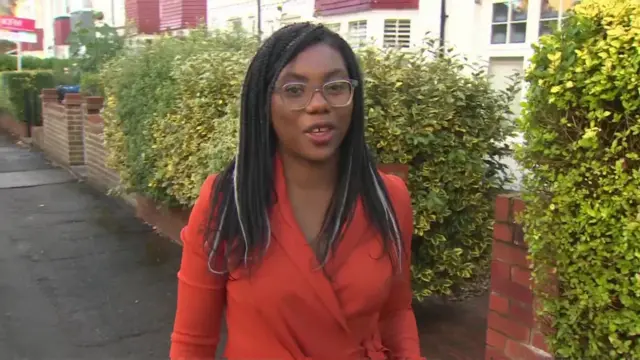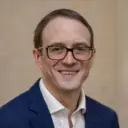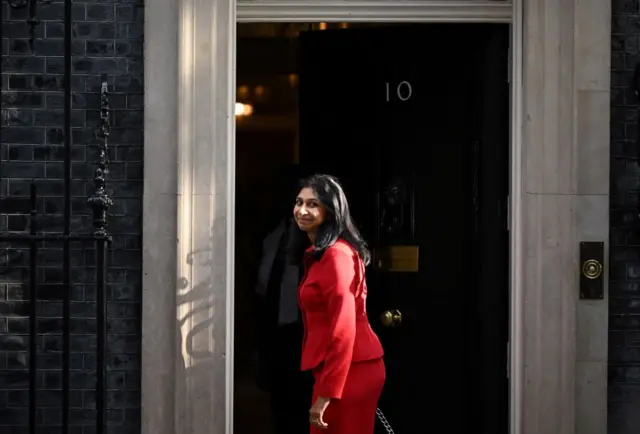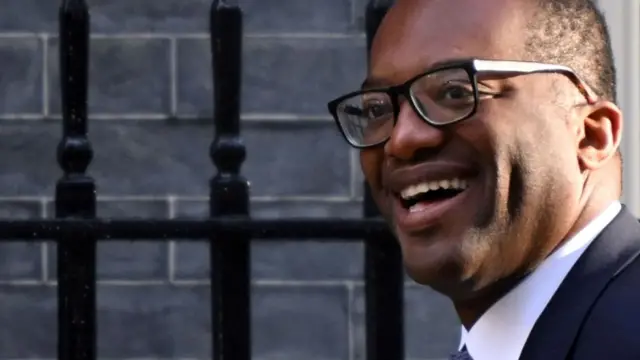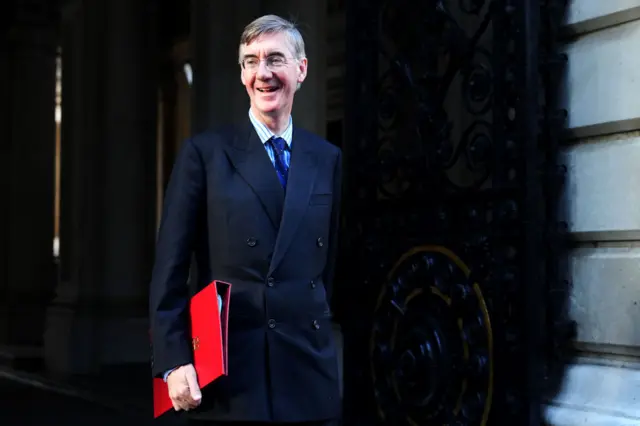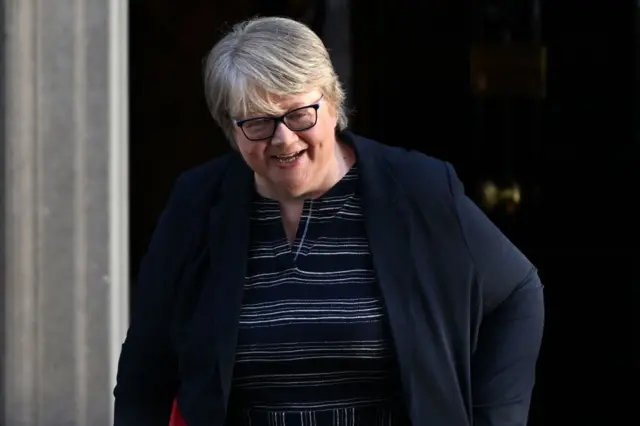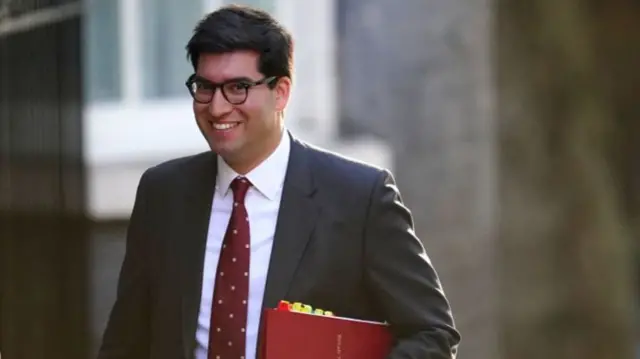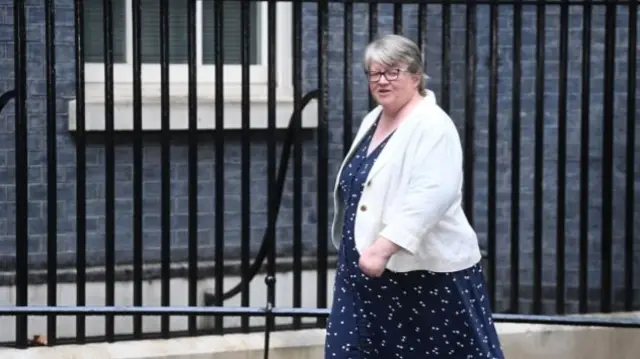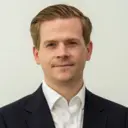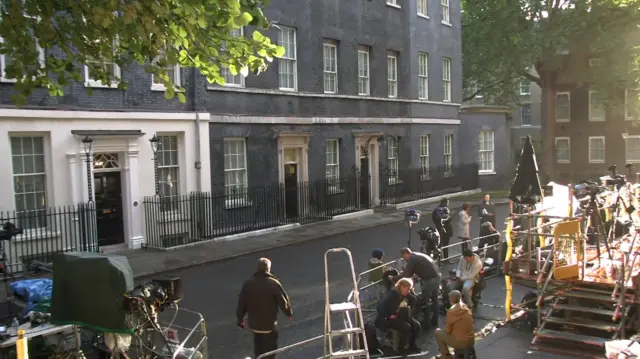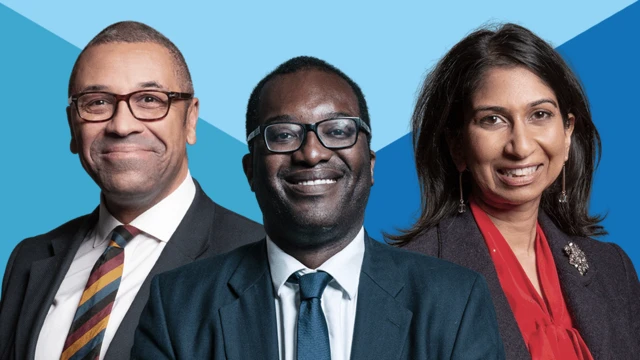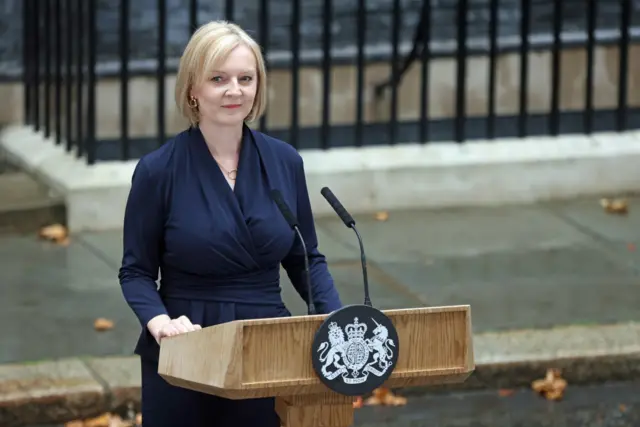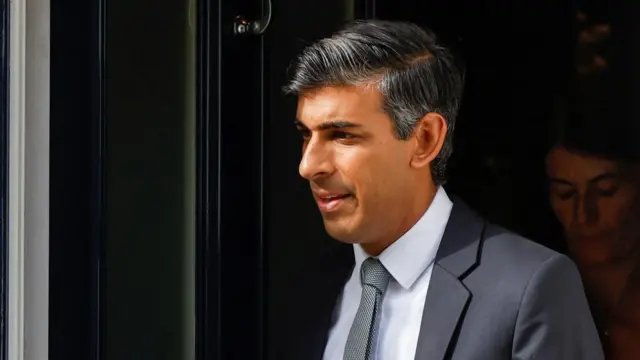Tory leadership win far from democratic - Putinpublished at 10:44 British Summer Time 7 September 2022
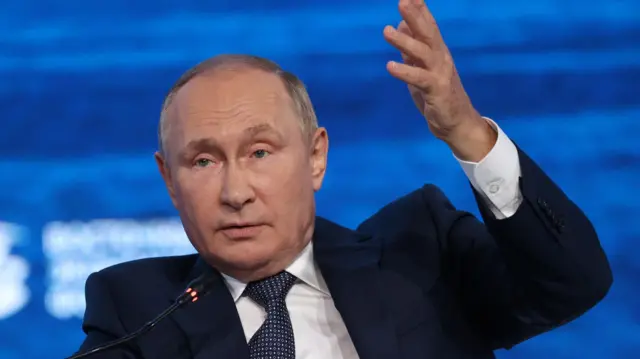 Image source, Reuters
Image source, ReutersMany world leaders have sent their congratulations to Liz Truss. But not Russian President Vladimir Putin.
He says the way Liz Truss was elected as the UK’s new prime minister was “far removed from democratic principles”.
Speaking at the plenary session of the Eastern Economic Forum in Vladivostok today, Putin says the new leadership will pursue policies set by the "ruling elites”.
When asked to comment on his expectations for Russia's relations with the UK under the new prime minister, Liz Truss, Putin says: "Look, Great Britain has a procedure for electing the head of state that is far removed from democratic principles.
“It takes place within the party that wins the preceding parliamentary election. The people of Great Britain in this case are not involved in the change of the cabinet.
"The ruling elites have their own policies. We know the Tories' position on these issues, including on relations with Russia. It is their business as to how to build relations with the Russian Federation.
"Our business is to defend our own interests, and we shall be consistently doing it. No-one should be in any doubt about that."
